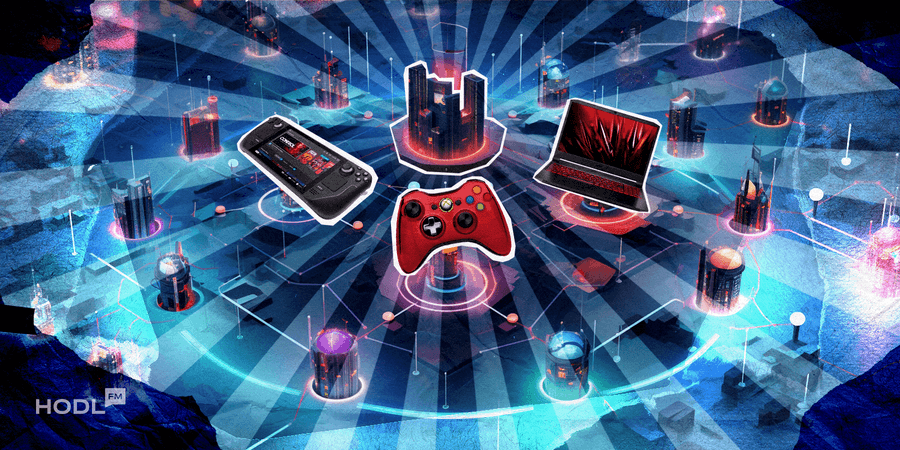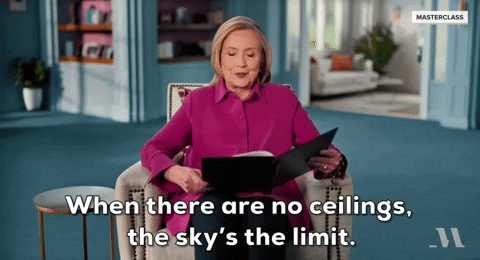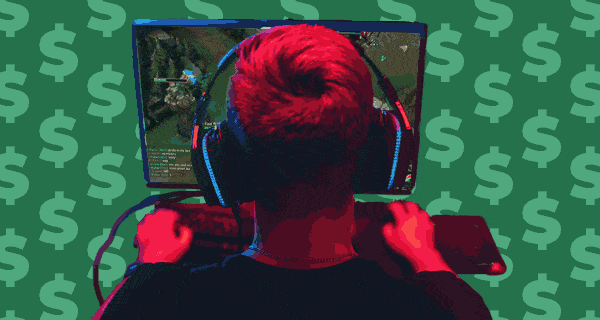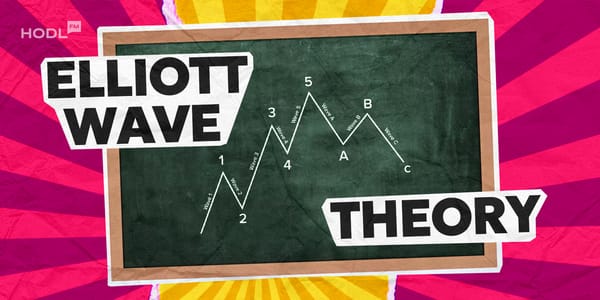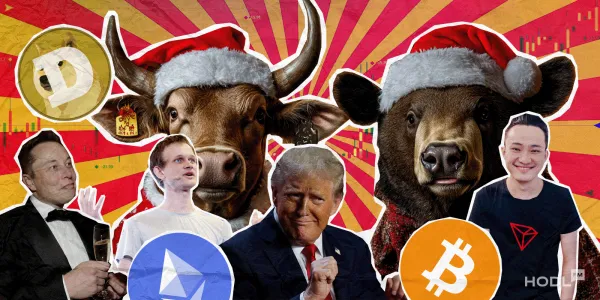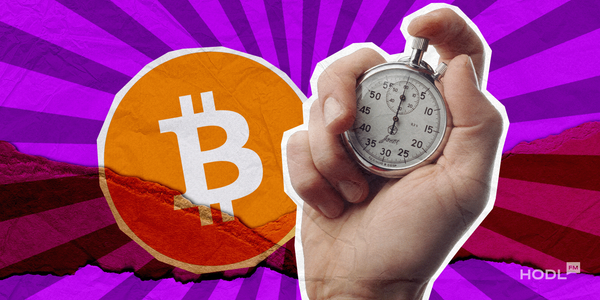Back in the day, video games were released as complete packages. No DLCs, no micro-transactions, but pure, complete fun. If you check the top games of all times from critic sites like Metacritic, you’ll see that the highest scoring games are from those good old days. Over time, games looked better and better graphics-wise, the animations improved beyond expectations.
Huge studios poured millions if not billions of dollars into their digital entertainment products. Yet, gamers still yearn for a clean gaming experience, freed from the greed of giant corporations. Blockchain games, built on distributed ledgers and utilizing a new tech called smart contracts, might be the key to a time machine that takes gamers to the good old days where games felt special.
Related: Xsolla and Crypto.com Unite for Gaming’s Seamless Crypto Payments
The Current State of Gaming and Challenges
There is seemingly no limit to the growth of the gaming industry, but as the industry grows, so do the challenges. Traditional gaming, or web2 gaming, faces issues of centralized control, limited player ownership rights for in-game assets, and a need for interoperability among platforms.
Traditional games operate on centralized systems where the devs have complete control over in-game assets and the rules of the game. This is a limiting factor regarding asset transferability and a lack of true ownership for players. Today’s gaming ecosystems often rely on in-game economies and players invest time and money to acquire in-game items, yet they do not truly own the assets they pay for. These assets are worthless outside of the said game’s ecosystem, which means there is no actual utility to them. You can’t use a Call of Duty weapon skin on a Battlefield game, for example.
The combination of lack of interoperability and lack of control is only one of the challenges faced in modern gaming. The scalability and security of online games are questioned times and times again. The infrastructure supporting large games often struggles to keep up with the growing player bases. Server downtimes, lag, and even security vulnerabilities are the natural outcomes of incompetent infrastructures. It is like, the situation is calling for a solid, decentralized, always live, and immutable infrastructure. Wonder what that might be…
Read More: Blockchain Gaming: These Countries Are Ready to Rule the Crypto Playground!
Blockchain Technology in Gaming
If you haven’t get the idea yet, blockchain technology is a potential game-changer for the gaming industry. It can address almost all of the challenges by simply decentralizing control and ownership rights. NFTs– provably rare items, offer a solution to the problem of asset ownership by allowing players to have control of said in-game assets independently from the control of publishers and developers.
These assets can be traded, sold, or used across different games on the same chain– even on different chains thanks to the interoperability of blockchains through bridges, which adds a new layer of utility and value that is nowhere to be found in the traditional gaming industry.
These inherent features of blockchain (transparency, security, and decentralized nature) can significantly enhance the trust and integrity of online gaming platforms. This technology can solve scalability issues through innovations like Layer-2 solutions, making games more accessible and seamless for a global audience.
Real-World Applications of Blockchain in Gaming
The impact of blockchain on the gaming industry can be seen in a variety of innovative applications that are changing the way players engage with games and interact with each other. Here are a few examples of blockchain’s impact in the real world:
- Decentraland: Utilizes blockchain to create a decentralized virtual world, as the name implies. You can create, experience, and monetize content within Decentraland’s virtual world. If this is not demonstrating the potential of blockchain in building immersive, player-driven environments, we don’t know what else can!
Learn More: Decentraland Game Review & Guide
- Gods Unchained: Take Nintendo Pokemon’s addictive mechanics and put it on Ethereum chain. A collectible card game, Gods Unchained features, well collectible cards as unique digital assets, owned exclusively by the player and nobody else.
Learn More: Gods Unchained Game: Review & Guide
- Axie Infinity: In this immensely popular game, you can keep all your in-game assets in a virtual wallet, which you can access whenever you want. This means that even if the game crashes or your account is suspended, you can still keep your assets, very much unlike traditional games.
Learn More: Axie Infinity Game Review
Blockchain’s decentralized nature provides gamers and game developers with a whole new level of flexibility and security. While there are some challenges and intricacies associated with blockchain, its potential and benefits are immense, and its use cases are growing at an exponential rate.
Benefits and Opportunities
So, what is the actual value of blockchain in gaming? There are endless possibilities and benefits that can transform the world of interactive entertainment.
Web3 games push the boundaries of what is possible in gaming by going beyond traditional AAA standards in terms of graphics, storytelling, gameplay, and more. The benefits extend to community governance as well, where players can have a say in how the game world evolves. Ever heard of DAOs? These are decentralzied organizations that allow individual users to partake in the voting processes and decision making.
But, in order to make the most of blockchain gaming, it is essential to develop a robust infrastructure. That’s essential for managing a large number of players and smooth gameplay. Cross-game interoperability and user-friendly interfaces are also essential for a smooth transfer of digital assets between games and platforms. Developing user-friendly interfaces for blockchain games is essential to bridge the gap between traditional gaming and blockchain gaming, making onboarding easier and improving the overall user experience.
Blockchain gaming truly shines when it comes to creating a thriving creator economy, where players can earn money from their skills and creations. Again, this is thanks to the digital scarcity of NFTs.
The Future of Crypto Gaming
A healthy mixture of innovation and mainstream adoption, that is the ideal future for blockchain adoption in gaming. With constant technological progress and a growing user base, there is no reason for blockchain not to disrupt the entire industry.
As blockchain technology develops, we will likely see more advanced and engaging gaming experiences. The focus will shift to more sustainable play to earn (P2E) models, and more emphasis on gameplay quality and storyline will be the icing on the cake. This will lead to a smoother integration of blockchain into games, making it more accessible to the general public.
Read More:
- Axie Infinity’s Play-to-Earn Model Draws Concern from Philippine National Police
- NFTs that Breathe Fire: Dragons of the West
- The Game Changer: How Web3 Games are Revolutionizing Ownership and Education
Metaverse concepts and virtual reality technology may also merge with blockchain gaming to create entirely new levels of interactive and immersive experiences. The increasing trend towards decentralized gaming could lead to community-led game development and governance models where players have more control over the direction and evolution of their games. In this way, the gaming industry could become more democratized, providing players with more than just entertainment.
Disclaimer: All materials on this site are for informational purposes only. None of the material should be interpreted as investment advice. Please note that despite the nature of much of the material created and hosted on this website, HODL.FM is not a financial reference resource and the opinions of authors and other contributors are their own and should not be taken as financial advice. If you require advice of this sort, HODL.FM strongly recommends contacting a qualified industry professional.
